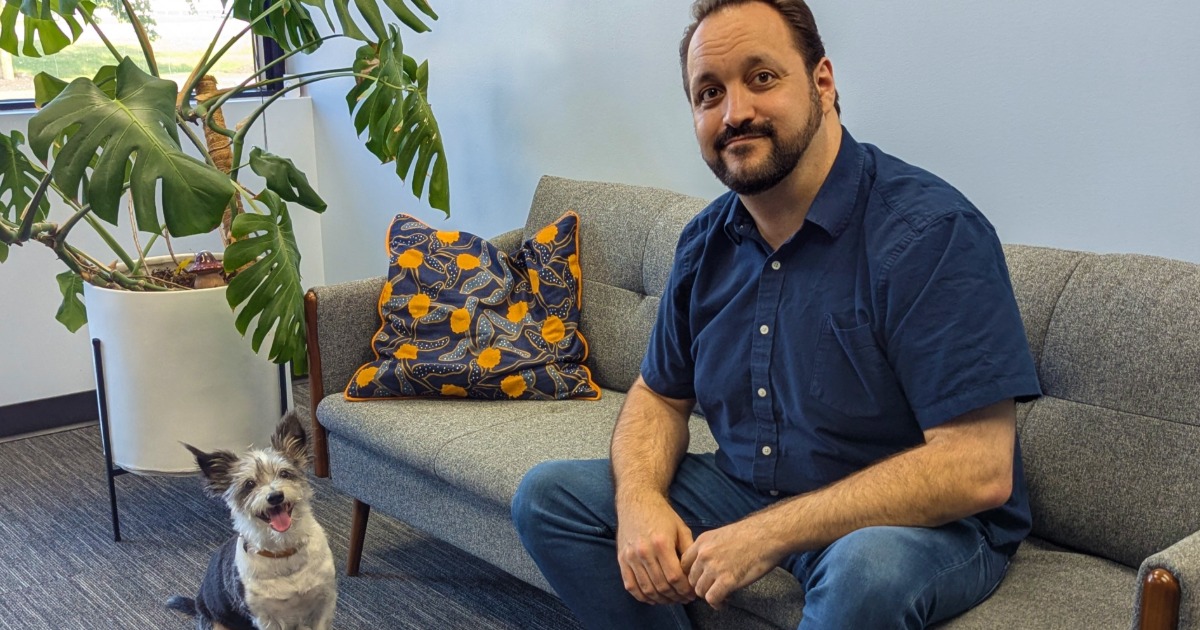The CMS Innovation Center has launched the Accountable Health Communities Models, a pilot program designed to screen Medicare and Medicaid beneficiaries for health-related social needs, the U.S. Department of Health and Human Services announced Tuesday.
The $157 million program will assess the housing instability, hunger and violence facing underprivileged patients, with the hope of directing patients to community-based services and improving the quality and affordability of Medicare and Medicaid.
Factors like those aren't typically addressed during routine healthcare visits but can increase the risk of developing chronic conditions and reduce the ability of patients to manage these illnesses, thus increasing healthcare costs and the frequency of visits.
“We recognize that keeping people healthy is about more than what happens inside a doctor’s office," said HHS Secretary Sylvia M. Burwell in a statement.
"That’s why, for the first time, we're testing whether screening patients for health-related social needs and connecting them to local community resources like housing and transportation to the doctor will ultimately improve their health and reduce the cost to taxpayers,” she added.
The pilot will span five years and is the first CMS Innovation Center model to focus on health-related social needs of its Medicare and Medicaid patients, according to HHS.
It's designed to bridge clinical- and community-based services, helping to make underprivileged patients with unmet health-related social needs better aware of the clinical services available in their area.
“For decades, we’ve known social needs profoundly affect health, and this model will help us understand strategies that work to help improve health and spend dollars more wisely,” said CMS Chief Medical Officer Patrick Conway, MD, in a statement.
“We'll learn how health and healthcare improvements can be achieved through strong partnerships and linkages at the community level,” he said.
As part of the pilot, 44 "bridge organizations" will receive funding to screen Medicaid and Medicare patients for social factors hindering them from seeking medical care and receiving medications. For example, patients can be connected to assistance programs for transportation options if they're struggling to reach appointments.
Some bridge organizations will help patients apply for community-based services to ensure no patient has to choose between maintaining their health and paying bills, such as heating and housing.
“The Accountable Health Communities' model is yet another step towards building a healthcare system that results in healthier people and stronger communities,” said Burwell.
Twitter: @JessiefDavis


